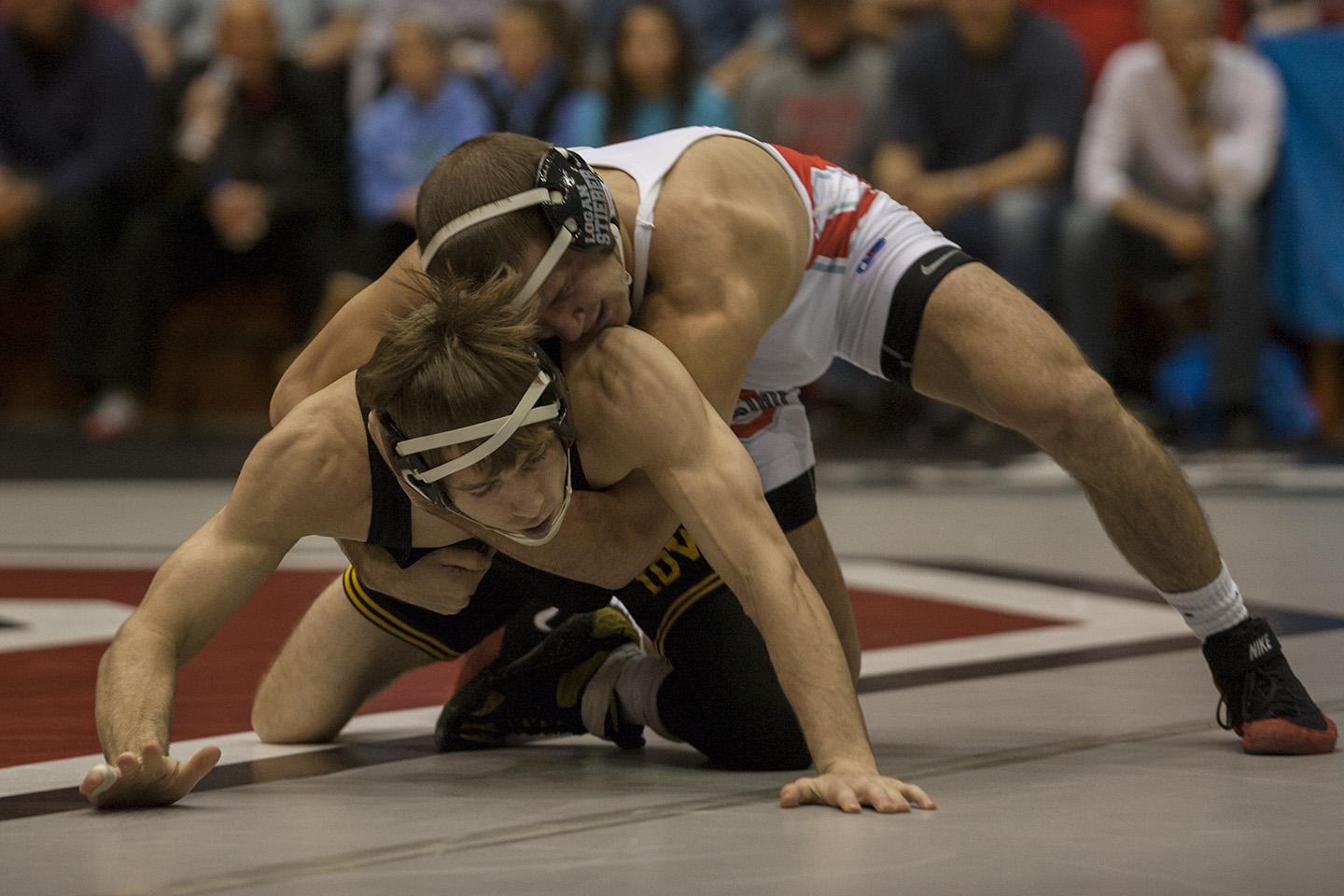Taking Teamwork to the Mat

Teamwork: the ultimate buzzword in sports. But what does teamwork look like? Is it all 11 guys coming together for the last play in the big football game? What about in wrestling, where it's one-on-one? How does teamwork play a role in an “individual” sport like that?
Throughout my 24 years in the sport, I have seen many different versions of teamwork. I have also seen wrestlers with the mindset that they are the only ones who control the outcome and believe they can succeed by themselves. From my experience, they rarely find the success they seek.
From an outsider’s point of view, it seems as if the person on the mat only needs their strength, stamina and heart out there — but that couldn't be farther from the truth. In wrestling, we have to do our scheduled one to two workouts a day, but we also have to watch our weight, do extra workouts and miss social events everyday people get to attend. Try cutting weight on the treadmill at 10 p.m., after two workouts already, on a Friday night alone. Trust me, it’s not fun, but it’s easier with a teammate by your side.
Here’s another one for you.
You are out on the mat, tired, losing in the final minute and you have to get it together or your team loses the dual meet. While each match is individual, they all count for a total team score. So each match helps determine the team winner. So you are out there losing with a minute left and look over to the bench for motivation. This is when you need your teammates. When you have nothing left to give, your teammates inspire you because you know it’s not about you anymore, it’s about the team. A good teammate is both cheering for the wrestler out on the mat but has also built the trust within the team to find themselves in that last minute and finish strong.
I have had a lot of great leaders in my life, but the first leader I recognized growing up was my wrestling coach Erik Burnett. He epitomized what it means to be a leader. He was extremely selfless in his craft, helping all who would come to his gym.
When I was younger I didn’t quite understand the philosophy of it not being about me, it’s about the team. Looking back, he was the perfect example for it. Coach Burnett would give everything he had for me and countless wrestlers of all ages. I knew that he would do everything in his power to help us become better wrestlers, and better people and I trusted him. I trusted him during the good and bad times because I knew he had my best interests in mind.
That is what I consider a great leader: someone who can build you up but also tell you the hard truths both in sport and life. Coach Burnett was the first of a line of great leaders in my life, and I continue to gravitate toward people like him.
Stay up to date with our latest articles about leadership in sports by subscribing to our weekly newsletter:
https://fisher.osu.edu/blogs/leadreadtoday/subscribe/
References:
This article is supported by research concerning coach-athlete relationships:
- Jowett, S. (2017). Coaching effectiveness: the coach–athlete relationship at its heart. Current Opinion in Psychology, 16, 154–158.
It is also aligned with research regarding teamwork:
- O'Connor, E. (2017). The Psychology of Performance How to Be Your Best in Life. Chantilly, VA: The Great Course.
- Evans, C. R., & Dion, K. L. (2012). Group Cohesion and Performance. Small Group Research, 43(6), 690–701.